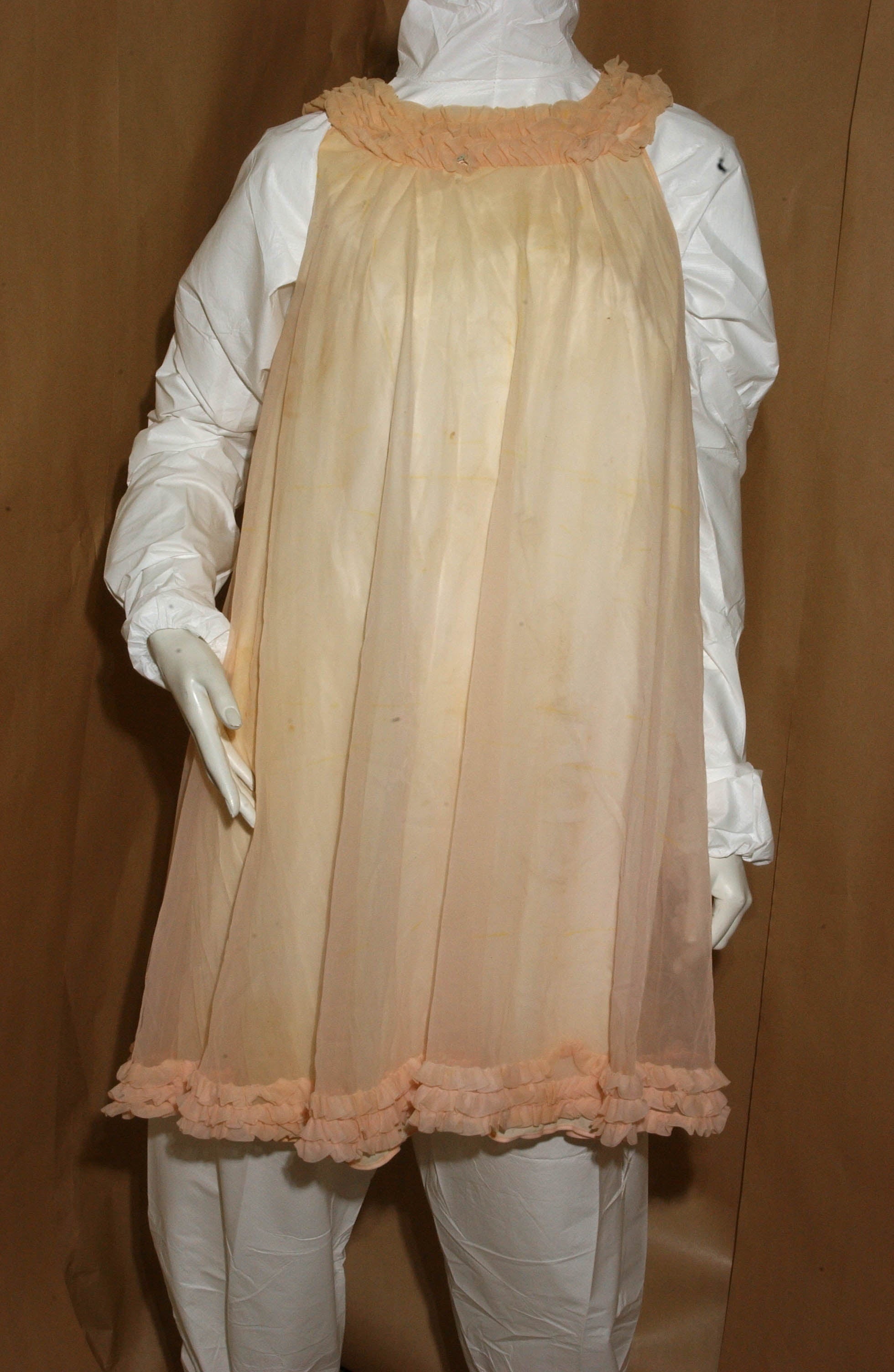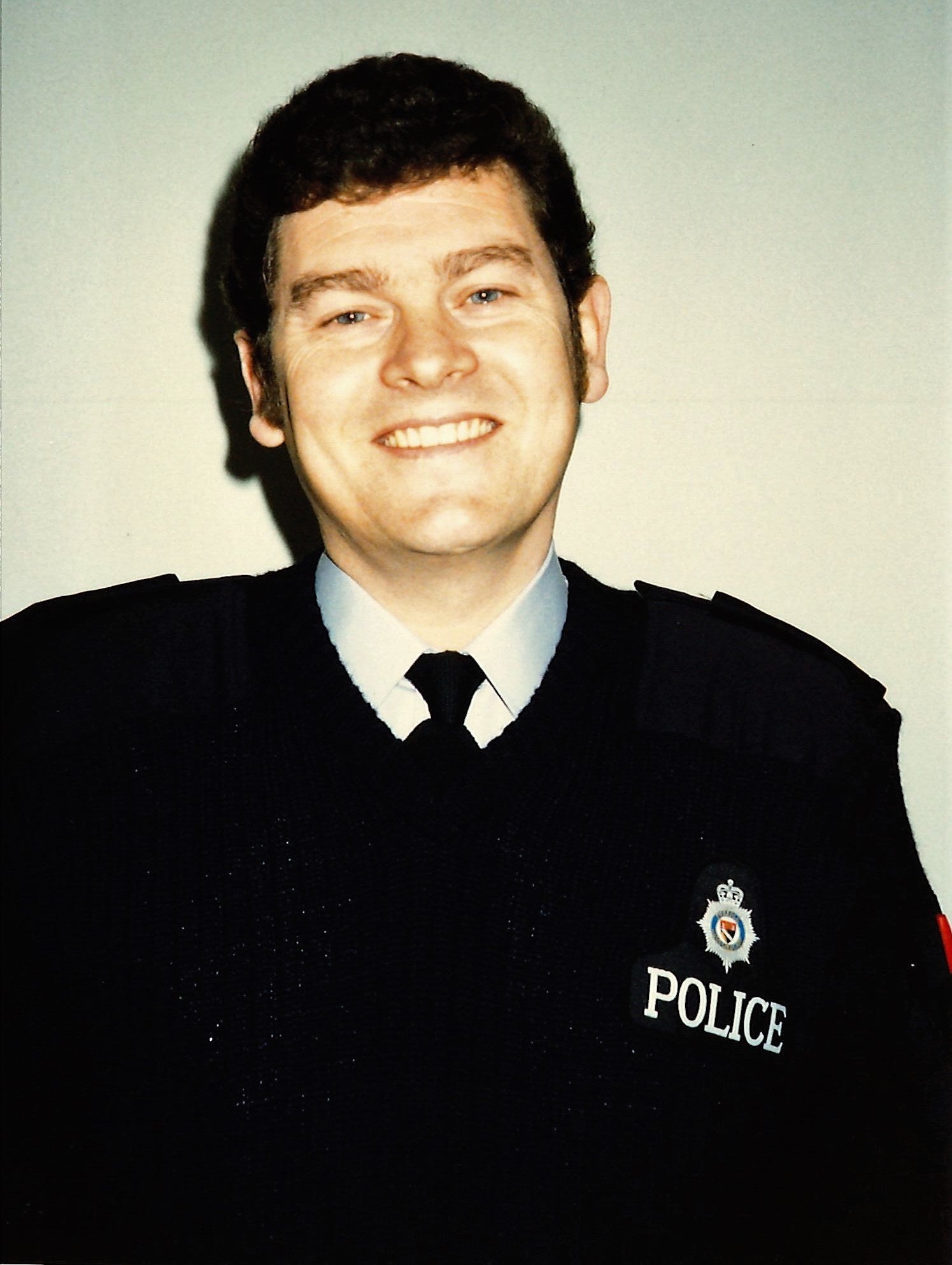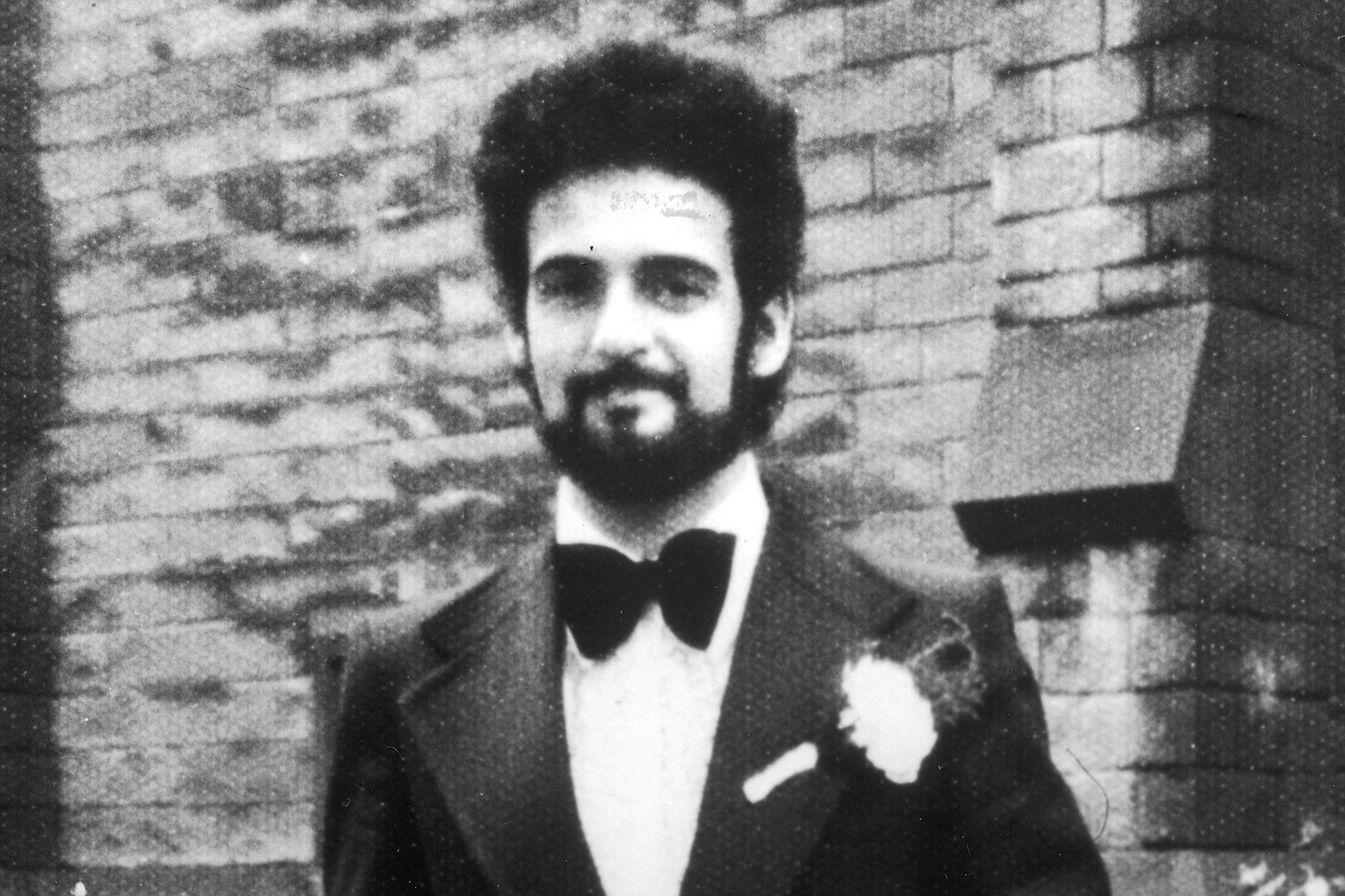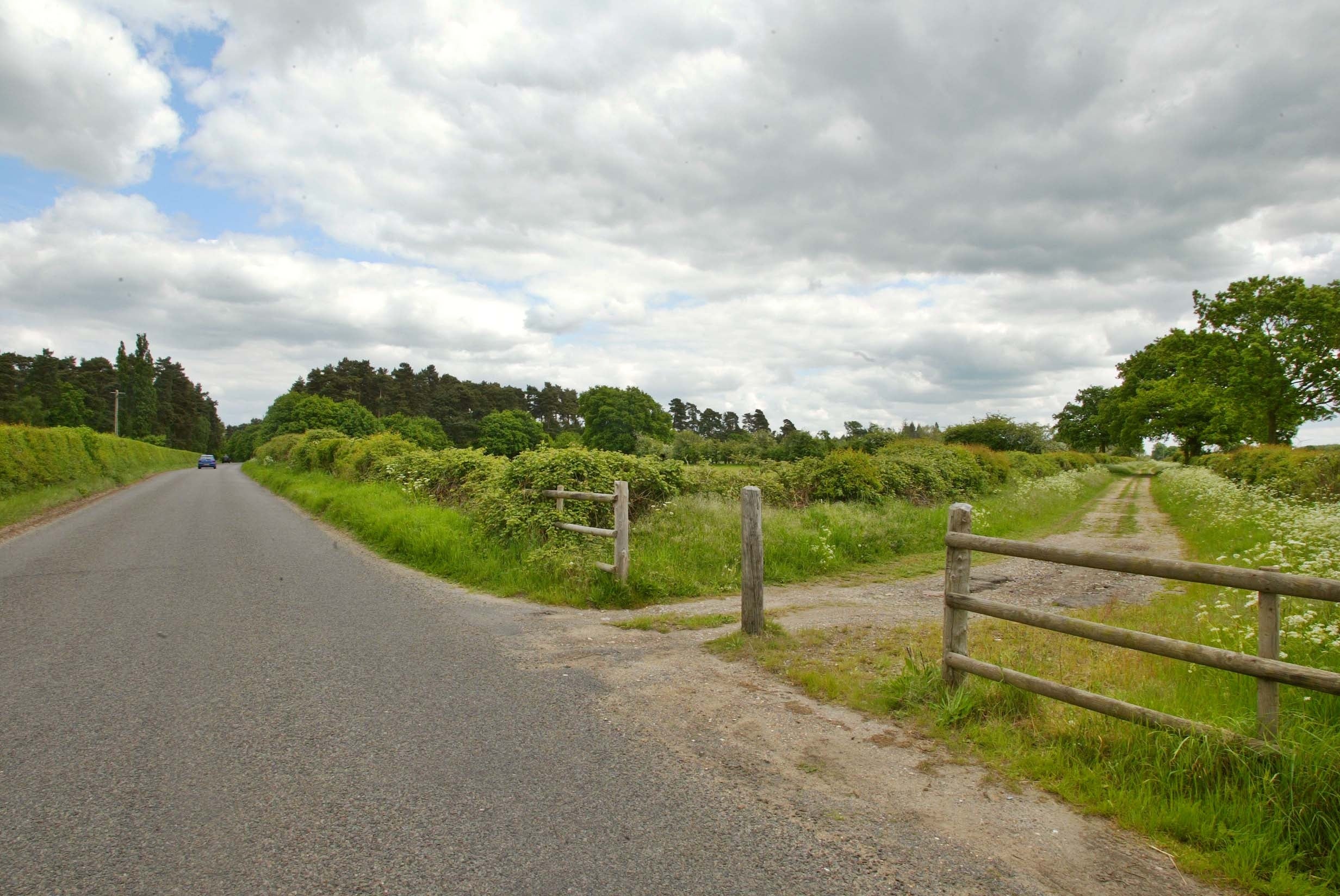It is a gruesome mystery that has remained unsolved for half a century. In 1974, a woman’s body was found decapitated on Norfolk farmland, wrapped in plastic and wearing only a Marks & Spencer nighty.
The victim has never been identified and the killer has never been found. On the 50th anniversary of the grim discovery, a cold case detective has shared his theories about what may have happened.
Found in the undergrowth at a lover’s lane opposite RAF Marham’s shooting range, the woman’s hands and legs were bound to her body. She was wrapped in a sheet embossed with “National Cash Registers”, a brand of till.

Her badly decomposed body had lain in the middle of an area of dense bracken and willow herb for about three weeks. It was impossible to say whether the body and abdomen had sustained slashing injuries or determine her cause of death.
An expert told police the composition of the rare four-strand rope she was bound with “suggests it was made for use with agricultural machinery”.
Police traced the place of manufacture of the rope to Dundee in Scotland but the firms that made that type of rope had ceased trading.

Chris Clark, a retired Norfolk police officer and now a true crime author, accused Peter Sutcliffe of the murder, claiming the Yorkshire Ripper could have beheaded the woman as he was driving through East Anglia on his way to his honeymoon in Paris in August 1974.
Andy Guy, who investigates cold cases for Norfolk Constabulary, confirmed his team investigated links to Peter Sutcliffe, Peter Tobin and other active serial killers in the 1970s but without a name for the victim a solid link has never been established.
It is thought the woman could be a Danish sex worker who was known in Great Yarmouth as “the Duchess” and who vanished at the same time the body was found. She was well known for working the docks and even cleaning the boats. She would regularly get lifts with her lorry driver clients who would normally drop her back at the docks.

The Major Investigation Team has interviewed and ruled out families of nearly 500 women declared missing at that time. As part of Operation Monton they exhumed the body in 2008, gaining valuable fingerprints and samples from hair and toenails, but they are still looking for that elusive DNA match.
Mr Guy and his team have tracked down and interviewed convicts who shared a cell with “the Duchess”, but they didn’t know her real name and it appears she was let off with a caution and doesn’t appear in any court documents.

“I think we are as far along the road as we can be with the case,” he told The Independent. “Unless someone rings in and says I think that it could be my mother or something as striking as that.”
The detective said he met with the original 1974 investigators but with the passage of time various things had been “misremembered”.
“It is frustrating,” he said. “We have made progress; we know she is between 25 and 35, around 5ft 2in, but we don’t have a name. It is tantalisingly out of reach. If we had a name we would have a place to go to. And we would be on our way to solving this and maybe even getting justice for her.”

His small team of around four officers can only work around four cold cases at one time. He is also asking for people who think they could be related to the woman, believe a family member could have committed the murder, or know US Air Force members based near where she was found, to come forward.
“It’s difficult to articulate what it would mean to catch the offender,” Mr Guy said. “In the 10 years I worked on Operation Monton, including exhumation, anatomical study and at the time the use of cutting edge science, I feel I know the victim to some degree.
“She had a family – possibly children – who must have wondered what happened to her, and to be deposited in the manner she was is particularly inhuman.

“The offender would probably be aged at least 75 now and may be dead. But the savagery displayed by decapitation makes me concerned as to what else the offender may have done during their lifetime, and is another reason why we continue to pursue this case.
“It would be very unusual for a person who had committed this type of offence to hand themselves in to the police but there may be people around the offender who suspect a family member or close friend that had some association with the area, including USAF personnel, who were a line of enquiry at the time.”
If you have any information you can contact Andy Guy and his cold case team on 01953 423819 or Email: [email protected]
Alternatively you can contact Crimestoppers anonymously on: 0800 555 111.

